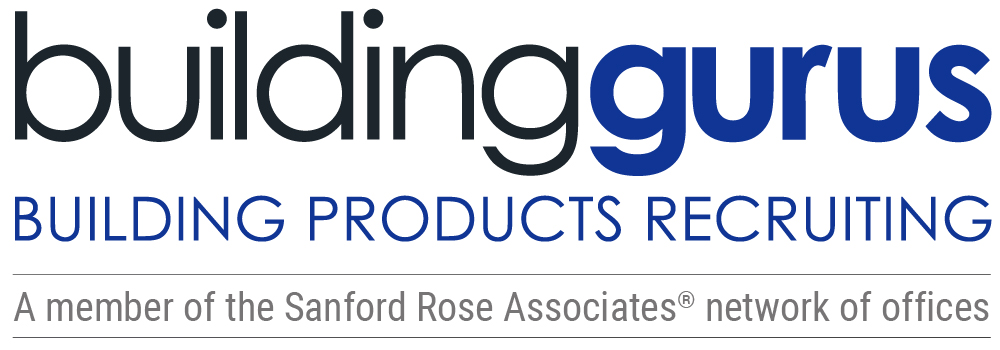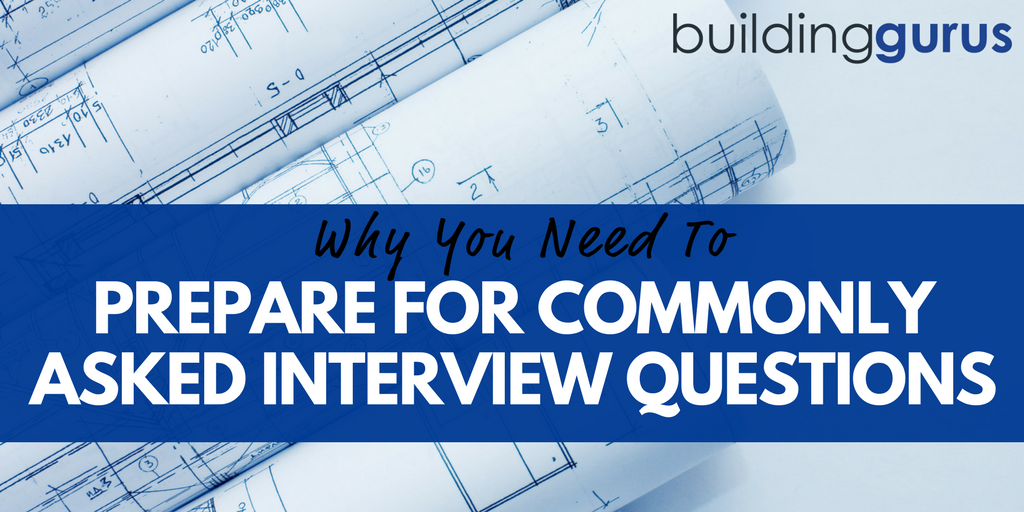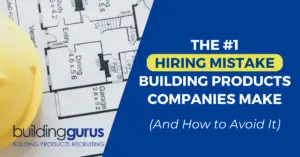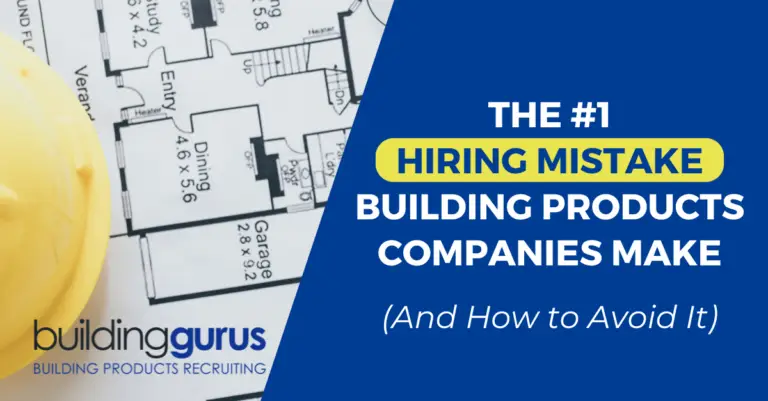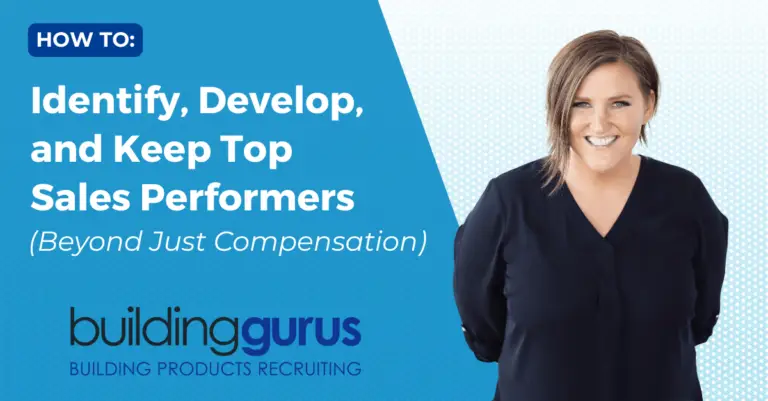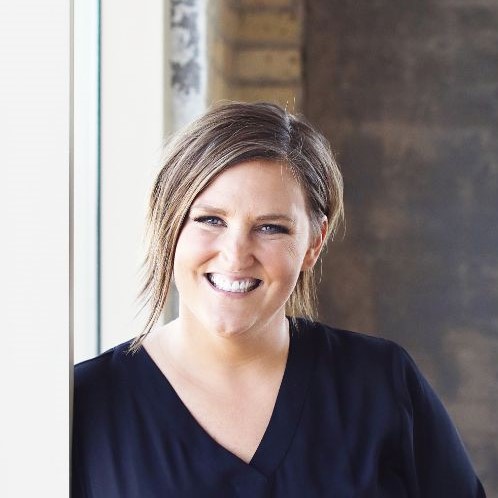If you want to make a good impression in an interview, it helps to practice ahead of time. Preparation can help refine answers – avoiding long silences, rattled responses or answers that don't come out quite how you want.
It’s impossible to plan for every potential question, but you can make sure you are prepared for the most common. Most of the questions on this list help evaluate your frame of mind, personality, and future goals.
Prepare For Common Interview Questions
In addition to being more at ease, preparing your answers to these questions is important for other reasons. Having answers at the ready will help you breeze through some of the interview and build your confidence. Also, thinking about these questions in depth can help you know if you are really ready to move on and why. Analyze every new role from this perspective and you might realize it isn't what you want.
Why Are You Looking/Why Are You Interested?
Be ready with a great answer because these questions set the tone of the whole interview. Answering by complaining about your current position is not going to win you points. You need to demonstrate your enthusiasm and show you are not just looking for something slightly better.
Define in your own mind exactly why you want to move on and specifically why you want XYZ position with ABC company. If you are running from something – boss you dislike, bad product lines – or you simply want more money, it isn’t likely your answer will be awesome. Of course, unless you lie through your teeth – which trust me, will never, ever end well for you. Incidentally, you probably won’t be happy or stay happy for long in the new role either if these are truly your reasons.
The best answers show appreciation for where you have been with an eye towards future successes and explain why you need to leave your current role to make them a reality.
What’s The Worst Part Of Your Current Position/Company?
This is one of the hardest questions to answer without sounding like a whiner or someone with a perpetually bad attitude. If you blame others, your boss for being too demanding for example, it triggers a red flag in the interviewers’ mind. Instead, your answer should suggest you want more responsibility, to use a different set of skills or prefer a different product mix. “The opportunity for growth isn't available” is a far better answer than pointing the finger at someone else.
The Rest
The other questions are either variations on these two or are along the same vein. Spending time contemplating your answers should give you a pretty good feel for if a new role is actually what you want and if a specific company is the place you truly want to be.
Be honest with yourself, but phrase your answer in a positive light. Upward mobility, the location of the job, territory, and products are good reasons for a change.
What's your reason for leaving?
Why are you interested in this job?
What are your ultimate professional and personal goals?
Which strengths would you bring to the job?
What weaknesses do you need to overcome?
Where do you see yourself in five years? Ten years?
What's your favorite part of your present job?
When you have positive answers for these interview questions you'll have a good idea whether the interview would be a waste of time. Being able to articulate positive answers to these questions will help you to be confident and relaxed.
